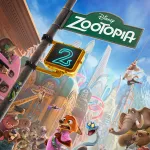The Fierce Beginnings: A Deep Dive into the Legendary Mortal Kombat
2025-08-15
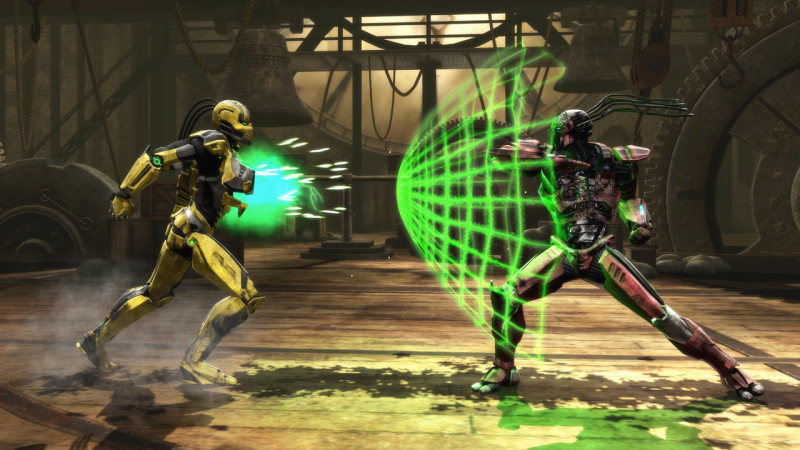
When discussing the annals of video game history, it's impossible not to mention the seismic impact of Mortal Kombat. Released in 1992 by Midway Games, this brutal fighting game not only captivated players with its intense action and unprecedented violence but also set a new standard for what a fighting game could be.
Mortal Kombat was more than a game; it was a cultural phenomenon that challenged the status quo and sparked conversations about video game content, ultimately helping to shape the rating systems we know today. Its influence is still felt in modern gaming, making it worthy of a detailed examination to understand its origins and legacy.
The Genesis of a Gaming Revolution
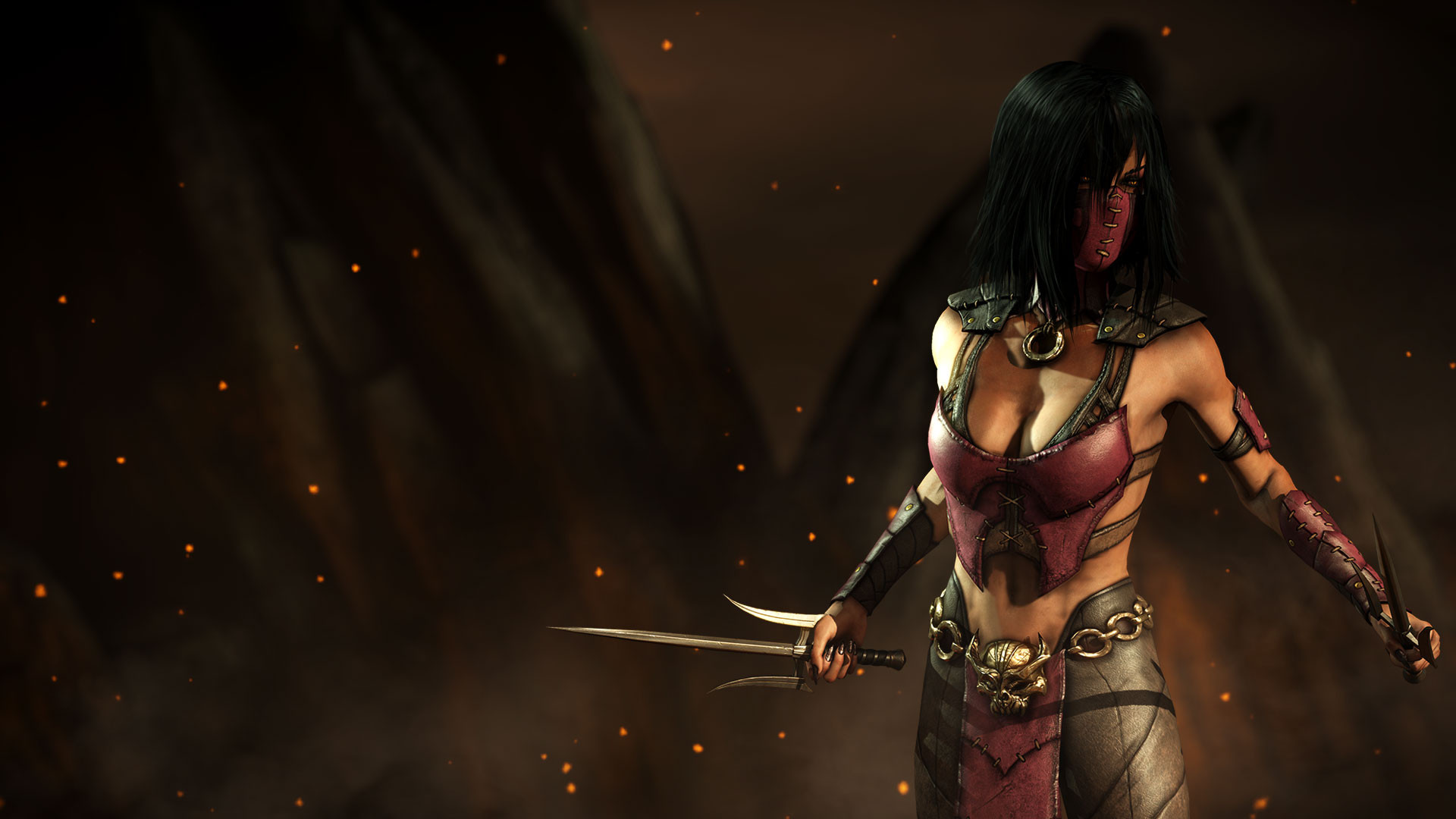
Long before Mortal Kombat became a household name, it began as an idea in the minds of Ed Boon and John Tobias, two creative forces at Midway Games. They sought to create a game that could compete with the popular Street Fighter II but with a unique angle that would set it apart. What they conceived was a darker, edgier fighting game that was steeped in Oriental mysticism and featured digitized sprites of real actors instead of the cartoonish, hand-drawn characters typical of the genre at the time. This innovative approach to character design, coupled with the game's distinctive five-button control scheme, laid the groundwork for a new breed of fighting game that was as realistic as it was fantastical.
The roster of seven playable characters, each with their own unique backgrounds and special moves, provided players with a variety of fighting styles to master. From the lightning god Raiden to the ice-wielding Sub-Zero, the characters of Mortal Kombat were instantly memorable. The game's focus on distinctive finishing moves, famously known as Fatalities, allowed players to end their opponents with dramatic and gruesome flair, which was unheard of in video games at the time and became one of the game’s most talked-about features.
But Mortal Kombat's innovation wasn't limited to its aesthetics and mechanics. The game's narrative, which revolved around an interdimensional fighting tournament, was intricately woven into its gameplay, providing context for the battles and a sense of purpose behind each match. This combination of story, character, and gameplay created an immersive experience that drew players into the world of Mortal Kombat and kept them coming back for more.
The Gameplay Mechanics that Defined a Genre
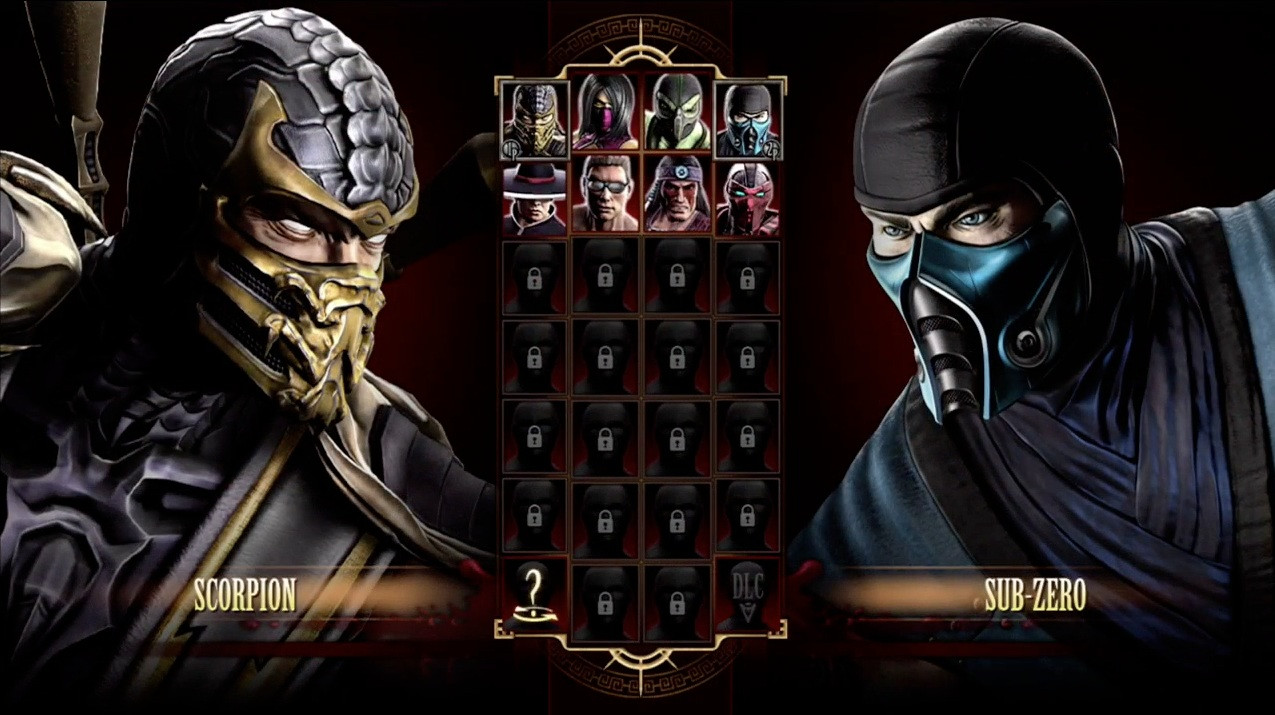
Mortal Kombat's approach to combat was a blend of simplicity and depth that catered to both casual players and hardcore enthusiasts. The game's mechanics were built around a mix of high and low punches and kicks, as well as a block button, which was a departure from the standard hold-back-to-block mechanic seen in other fighters. This allowed players to respond to attacks more intuitively and added a layer of strategy to the defense.
Each character also had a set of unique special moves that could be performed with specific joystick and button combinations. These moves not only added variety to the combat but also allowed for creative expression within the game's framework. Players could discover and master these moves, turning the tide of battle with a well-timed fireball or teleport.
The game's pacing was another standout feature. Fights in Mortal Kombat were fast and intense, with a rhythm that felt different from its contemporaries. The speed of the game required quick reflexes and a keen understanding of timing, as players had to react to their opponent's moves while looking for opportunities to strike. This made each match an exhilarating experience, with the potential for comebacks at any moment.
Perhaps the most revolutionary aspect of Mortal Kombat's gameplay was the introduction of Fatalities. These finishing moves not only provided a brutal capstone to a match but also served as a badge of honor for skilled players. Executing a Fatality required precise input under the pressure of a time limit, making it a thrilling challenge for those who sought to master it. This feature alone set Mortal Kombat apart from other fighters and became a defining characteristic of the franchise.
The Visuals and Sound that Shocked the World
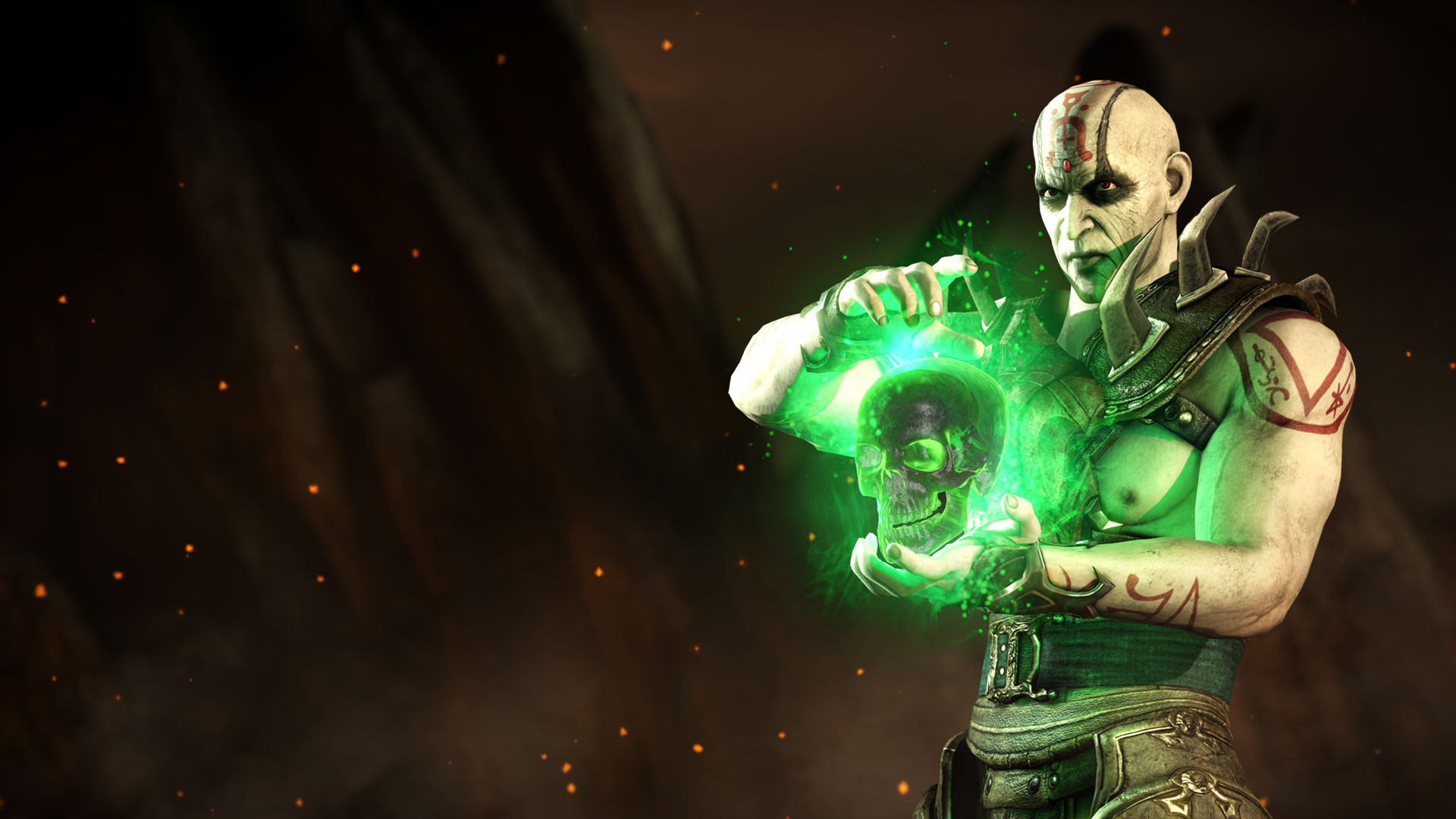
Mortal Kombat's aesthetic was a key component of its appeal. The use of digitized graphics, capturing the likenesses of live actors, gave the game an uncanny sense of realism that was both impressive and unsettling. This graphic fidelity, combined with the game's dark and brooding environments, created a foreboding atmosphere that perfectly complemented the high-stakes combat.
The character designs were iconic, blending elements of fantasy and martial arts cinema in a way that felt both familiar and fresh. Each fighter was distinct not only in their move set but also in their visual presentation, from Scorpion's yellow ninja garb to Johnny Cage's Hollywood swagger. The attention to detail in the character animations, particularly the gruesome Fatalities, pushed the boundaries of what was considered acceptable in video games.
Sound design was another area where Mortal Kombat excelled. The game's score, with its haunting melodies and driving beats, heightened the tension of the battles. The voice-over work, especially the announcer's calls during fights, added to the game's dramatic flair. The infamous "Finish Him!" command became one of the most recognizable sound bites in gaming history, signaling the imminent demise of a defeated opponent.
The Cultural Impact and Controversy of Mortal Kombat
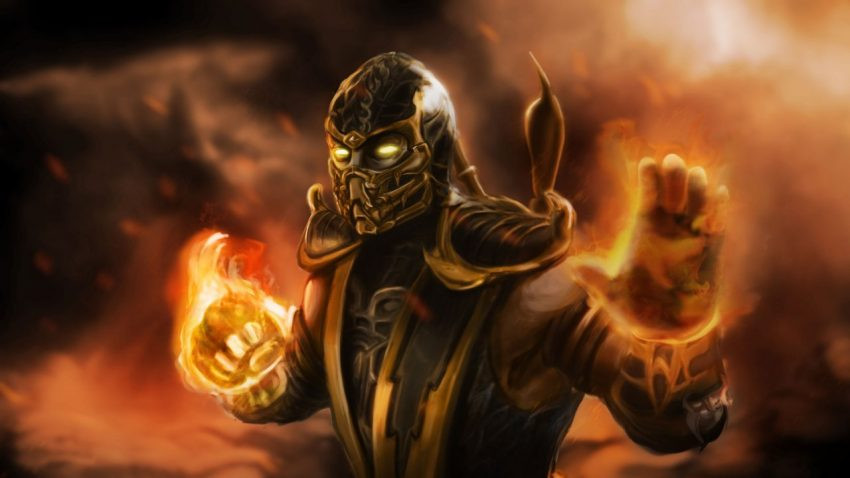
From the moment Mortal Kombat hit arcades, it became a lightning rod for controversy. The game's graphic violence, particularly the Fatalities, sparked debates about the appropriateness of such content in video games. This led to congressional hearings and discussions about the need for a video game rating system, which ultimately resulted in the creation of the Entertainment Software Rating Board (ESRB).
Despite, or perhaps because of, the controversy, Mortal Kombat's popularity soared. It became a symbol of the rebellion against censorship and the championing of creative freedom in the video game industry. The game's edgy content appealed to a generation of players who were looking for something more adult and less sanitized than the typical video game fare.
The game's influence extended beyond the realm of video games. Mortal Kombat spawned a vast multimedia franchise that included movies, television shows, comic books, and a plethora of merchandise. It became a cornerstone of pop culture, its characters, and catchphrases permeating the lexicon of gamers and non-gamers alike.
The legacy of Mortal Kombat is one of innovation, controversy, and lasting impact. It challenged the norms of its time and paved the way for a new era of video game entertainment. Its DNA can be seen in the countless fighting games that followed, many of which have borrowed elements from its gameplay, storytelling, and aesthetic. Mortal Kombat wasn't just a game; it was a game-changer.
Legacy and Influence on Future Generations
More than three decades later, the echoes of Mortal Kombat's impact are still felt throughout the gaming industry. Its influence can be seen in the countless fighting games that have sought to emulate its successful formula of compelling characters, deep gameplay, and cinematic presentation. The franchise itself has continued to evolve, with numerous sequels and reboots that expand on the original game's foundation.
The series has consistently pushed the envelope with each new entry, introducing new gameplay mechanics, expanding its lore, and refining its visual and audio presentation. Mortal Kombat has managed to stay relevant in a rapidly changing industry by staying true to its roots while also embracing innovation.
The game's legacy also extends to its impact on gaming culture and the broader cultural landscape. Mortal Kombat was instrumental in bringing about a conversation on video game content and the responsibilities of game developers and publishers. This dialogue has shaped the way games are rated and perceived, with the ESRB becoming a standard-bearer for content rating in the United States.
In the realm of eSports, Mortal Kombat has found a new life, with its competitive scene thriving and its tournaments drawing players and spectators from around the world. The game's emphasis on skill, strategy, and showmanship makes it a perfect fit for the competitive gaming community, ensuring that its spirit of competition lives on.
Mortal Kombat is a trailblazer whose legacy redefined what a video game could be. It challenged players and industry professionals alike to rethink the limits of interactive entertainment. As a touchstone of '90s gaming culture, Mortal Kombat continues to be celebrated for its boldness, creativity, and enduring appeal. It stands not only as a monument to the era that spawned it but also as a testament to the timeless allure of a well-crafted game experience.


